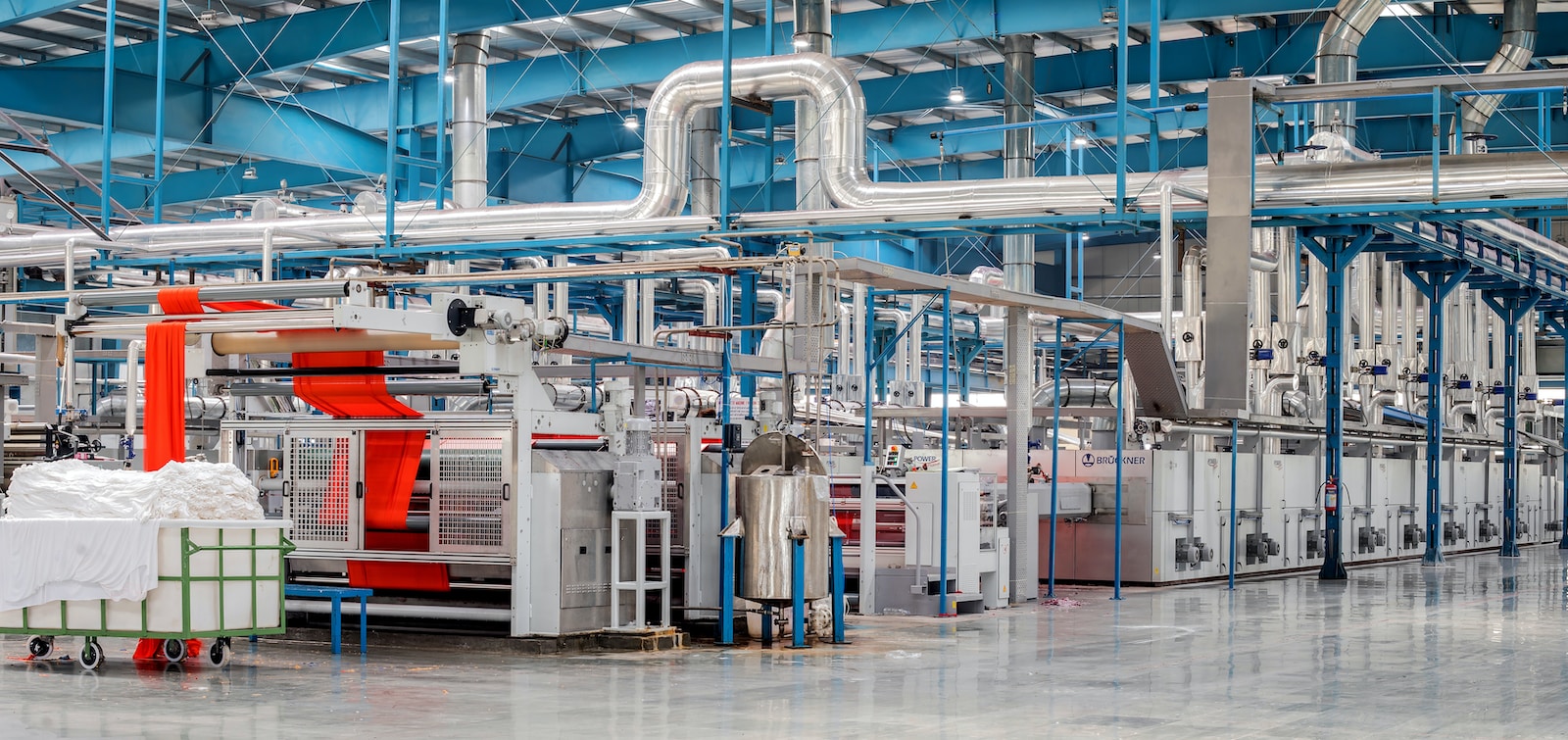- Continuous production is a method of manufacturing where raw materials are continuously fed into a production line and products are continuously produced without any interruption.
- This method is often used in industries that produce high volumes of standardized products such as chemicals, petroleum, and food and beverage products.
Features of continuous production:
- The production process is continuous and operates 24/7 without any interruption
- The production line is highly automated and utilizes specialized equipment and machinery
- The raw materials are continuously fed into the production line and the finished products are continuously produced
- The products are highly standardized with little to no customization
- The method is best suited for industries that produce high volumes of standardized products
Situations where continuous production is ideal:
- When there is a high demand for a standardized product
- When the production process can be highly automated and requires little human intervention
- When there is a need for a large volume of production
Advantages of continuous production:
- High production output and efficiency due to continuous operation
- Lower unit production costs due to economies of scale
- High level of quality control due to standardized production processes
- Lower labour costs due to highly automated production processes
Disadvantages of continuous production:
- High initial investment required to set up the production line and acquire specialized equipment
- Difficult to make changes to the production process once it has been established
- Products are highly standardized with little to no customization, which may not meet the needs of certain customers.




